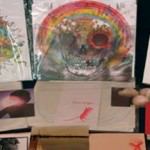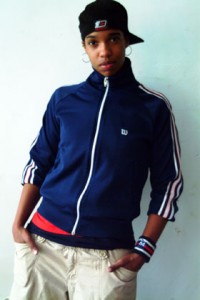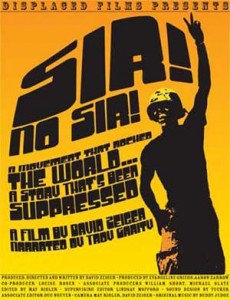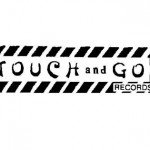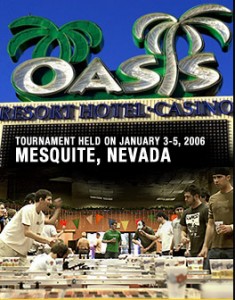Story
XLR8R
August 2006
Link

Every year, American music fans are hoodwinked into listening to the newest crop of over-hyped UK bands, slavishly championed by NME and rarely worth the time. Looking for some more deserving audio imports? Follow Diplo’s lead to Brazil, where a rich heritage of tropicália, samba, and funk has mutated into myriad new styles and songs. A new generation of artists is kicking out more than just baile funk–take your eyes off the Carnaval dancers and focus on these six acts.
Cansei De Ser Sexy (“Tired of Being Sexy”)
Latest Release: Self-titled debut on Sub Pop
How They Party: Over-sexed Brazilian art school students from Sao Paulo pump out snarky, sweaty electro-pop tracks like “Art Bitch” and “Meeting Paris Hilton.”
Interesting pop reference: “Let’s Make Love and Listen to Death From Above” is about getting busy to DFA1979.
Seu Jorge
Latest Release: The Life Aquatic Studio Sessions (Hollywood)
How He Parties: A folksy singer-songwriter (who takes hairstyling cues from Coolio) with a strong samba influence, Rio-based Jorge pens sparse tracks that highlight his rich, deep voice.
Interesting Cover: He anointed himself the Brazilian Bowie after covering the legend’s songs in filmmaker Wes Anderson’s The Life Aquatic.
Curumin (“Little Boy”)
Latest Release: Achados E Perdidos (Quannum)
How He Parties: Born Luciano Nakata Albuquerque, this baby-faced musical prodigy updates swaying ’70s Brazilian sounds with flourishes of hip-hop and electronic composition.
Interesting Cover: A version of Stevie Wonder’s protest track “You Haven’t Done Nothing”
Bonde do Role (“The Rollercoaster Band”)
Latest Release: Self-titled EP on Diplo’s Mad Decent label
How They Party: The trio of DJ/MC Rodrigo Gorky, MC Marina Ribatski, and MC Pedro D’eyrot–hailing from Curitiba, in Southern Brazil–drops relentless speak ‘n’ shout Portuguese lyrics over boisterous beats and borrowed guitar riffs.
Interesting Pop Reference: They sampled Alice in Chains on the song “Melo Do Tabaco.”
Cibelle
Latest Release: The Shine of Dried Electric Leaves (Six Degrees)
How She Parties: Originally from Sao Paulo (now living in London), this cute and challenging chanteuse pairs nightclub-ready vocals with languid strings and atmospheric, Tom Waits-like production.
Interesting Cover: She performed Caetano Veloso’s “London London” with freak-folk king Devendra Banhart on last album.
Tetine
Latest Release: L.I.C.K. My Favela (Slum Dunk)
How They Party: Also living in London, ex-pat performance art punks Bruno Verner and Eliete Mejorado (who head up the Slum Dunk collective) mix baile funk beats with fat and filthy synthesizer squelches.
Interesting Pop Reference: They compiled The Sexual Life of the Savages, a set of ’80s Brazilian post-punk, for the Soul Jazz label.


